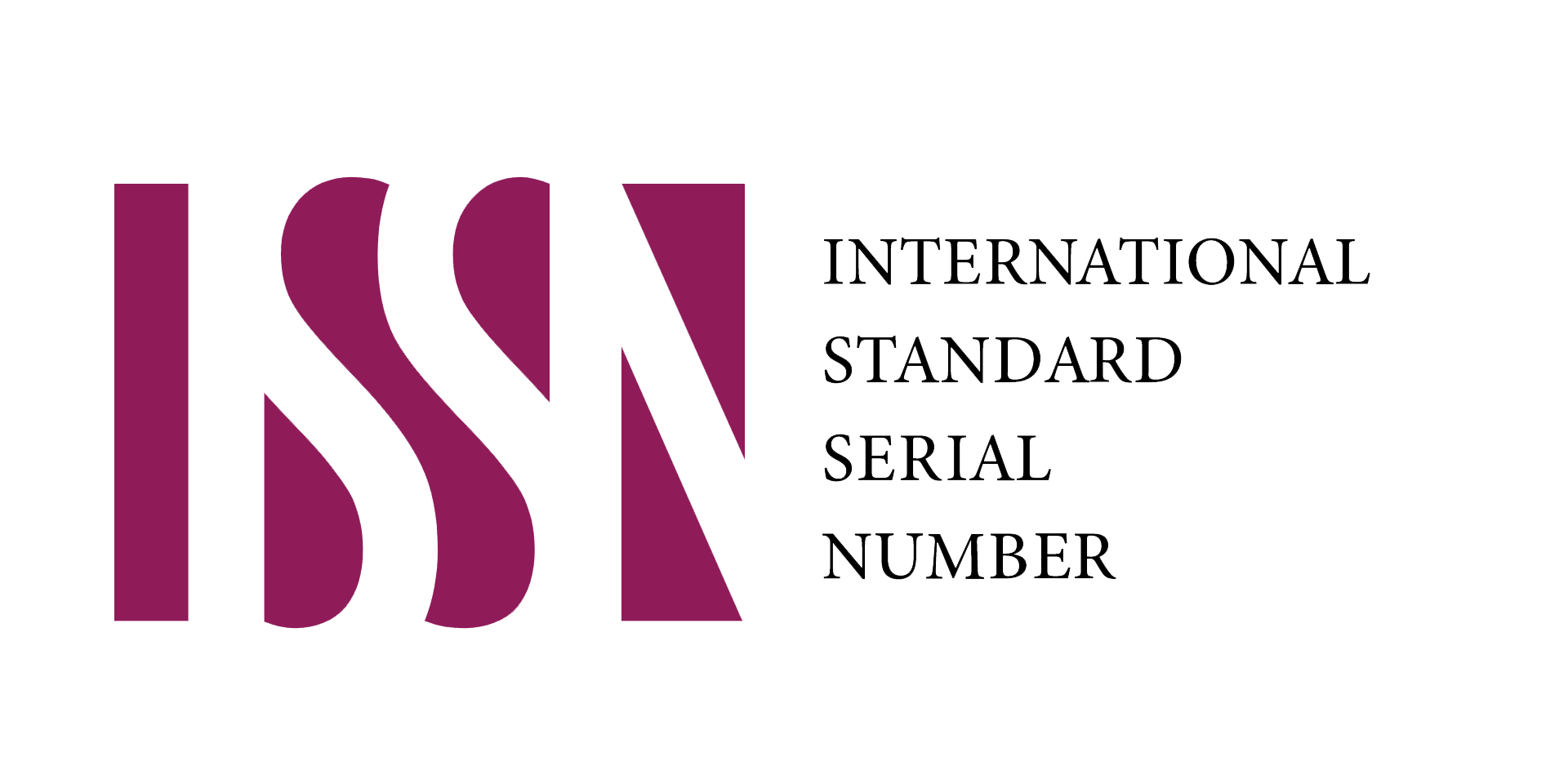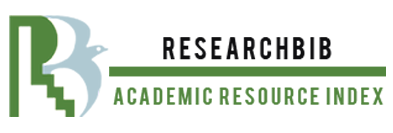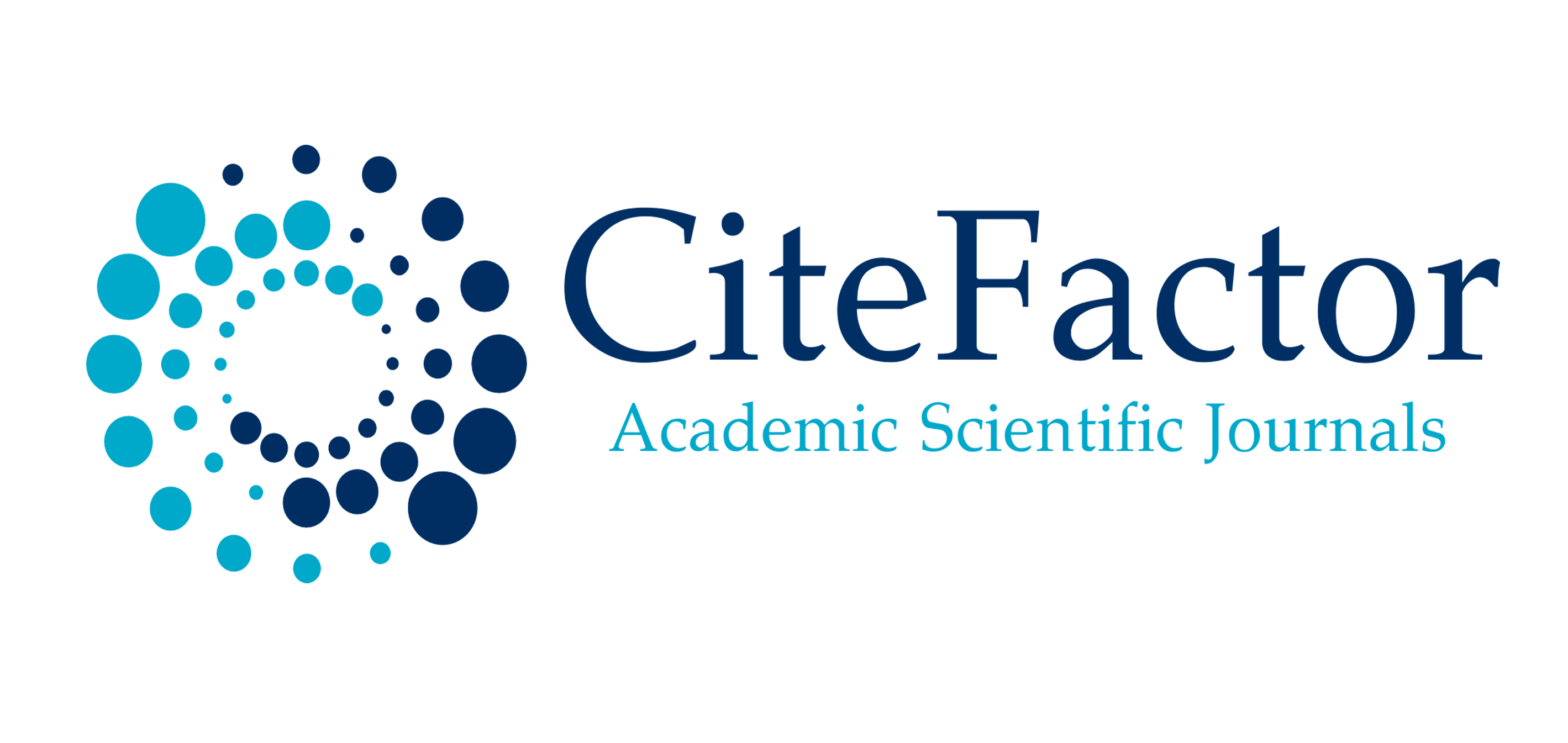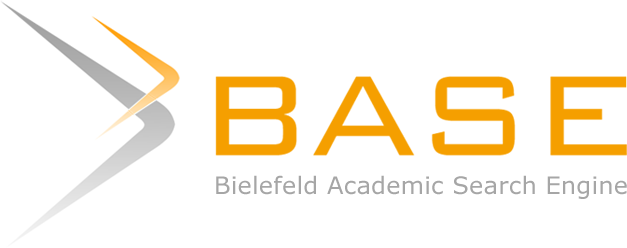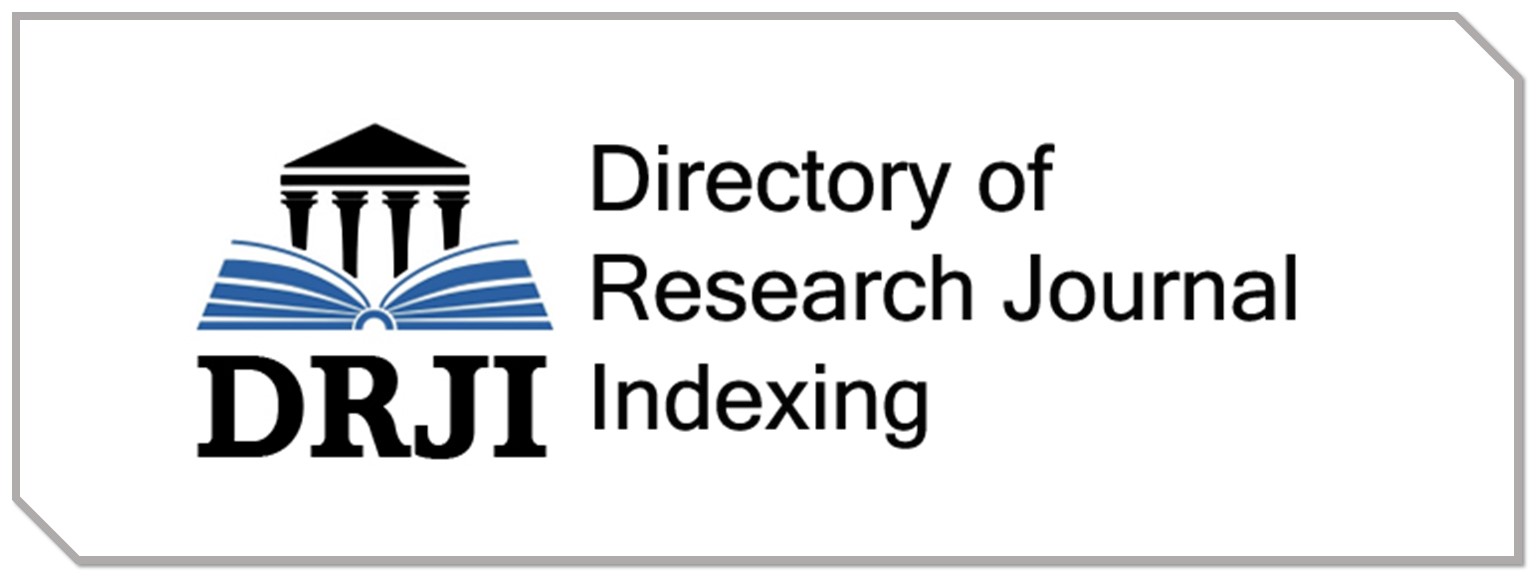Addressing Gaps in Uzbek High School Family Life Education
Keywords:
secondary education system, high schools, education curriculumAbstract
The preparation of young people for family life is a critical aspect of educational development. This study examines the current state of family life education within the Uzbek secondary education system. The introduction highlights the importance of preparing adolescents for family life, considering the high rate of early marriages among girls. A significant knowledge gap exists due to the lack of specific curricula addressing family life education comprehensively in high schools, despite some inclusions in textbooks and extracurricular activities.
The methodology involved a review of various studies and educational practices, analyzing how family life education is currently approached in Uzbekistan. Findings indicate that the preparation of adolescents for family life primarily occurs within mahalla and family settings rather than through formal education. High schools tend to focus on broader moral education and extracurricular activities, avoiding sensitive topics related to family life. While medical and pedagogical colleges offer specialized courses, these are absent in high schools, leaving a gap in the formal education system.
Results show that the current educational practices are insufficient in preparing young people for family life, contributing to increased divorce rates. The implication is clear: there is a pressing need for a more structured and comprehensive family life education curriculum in high schools to better prepare students for marriage and family relations, potentially reducing the reliance on informal education within mahalla and family settings. This study calls for educational reforms to include specialized family life education to address this critical gap.

